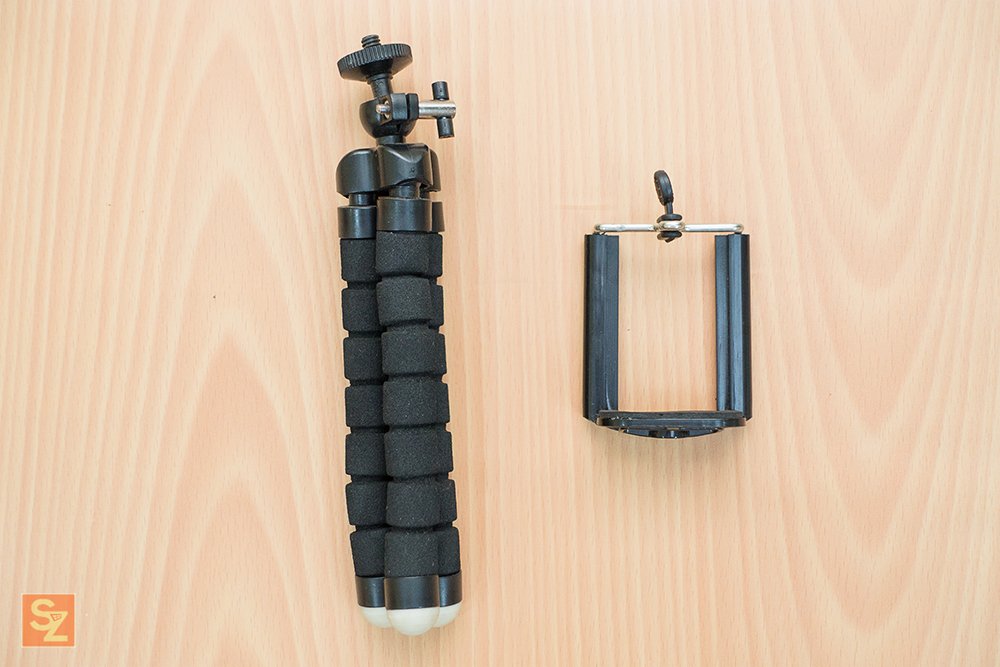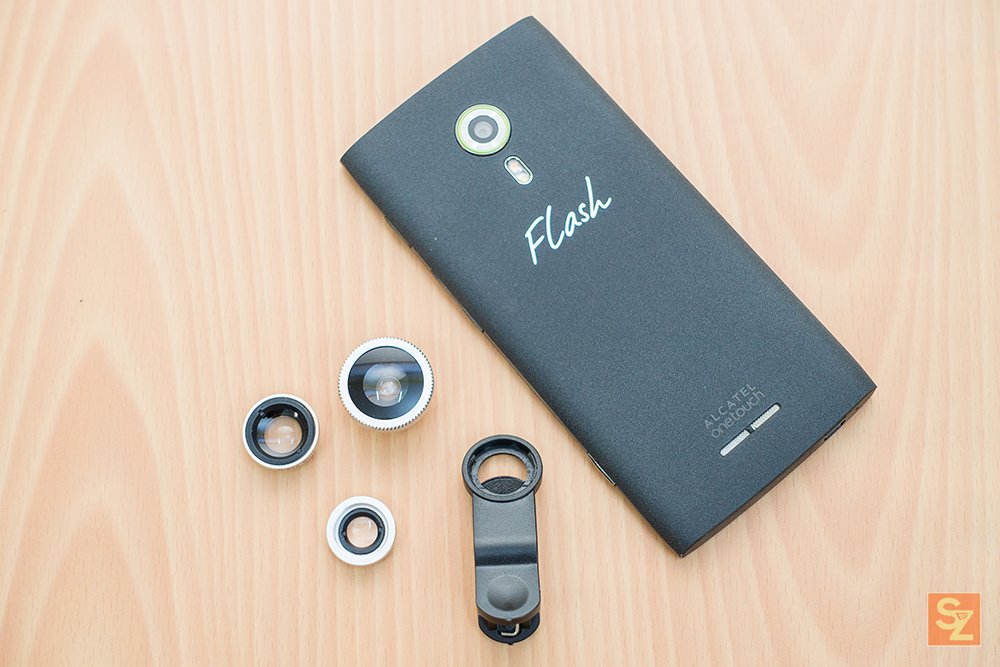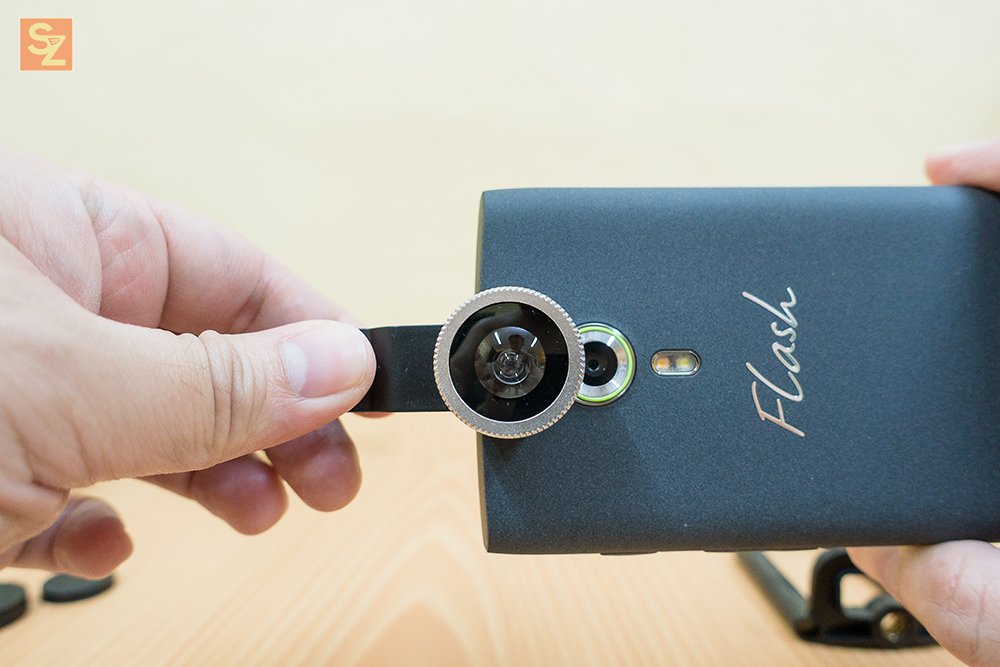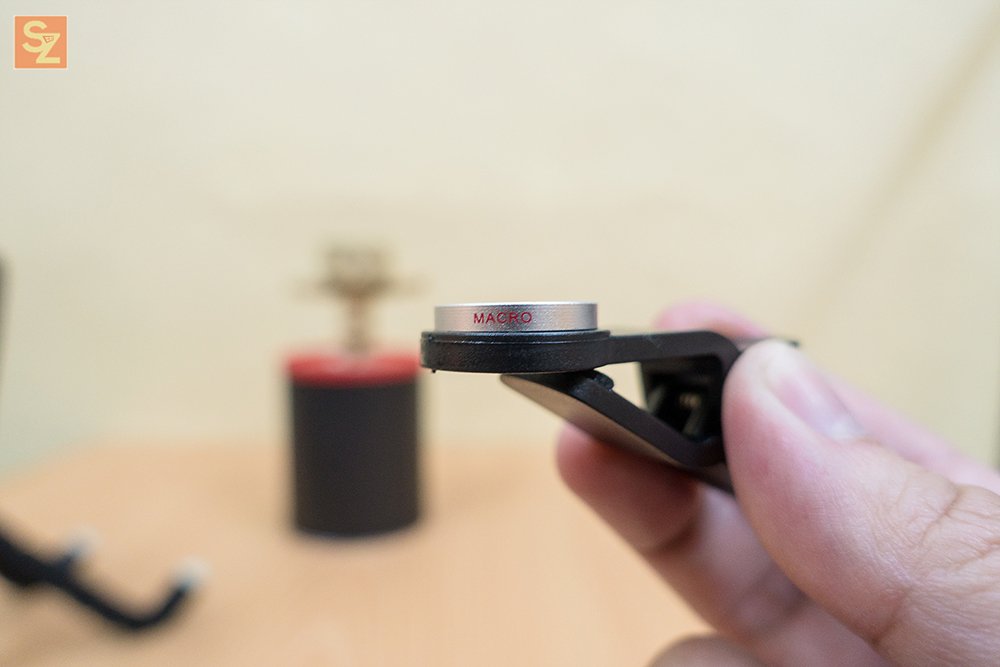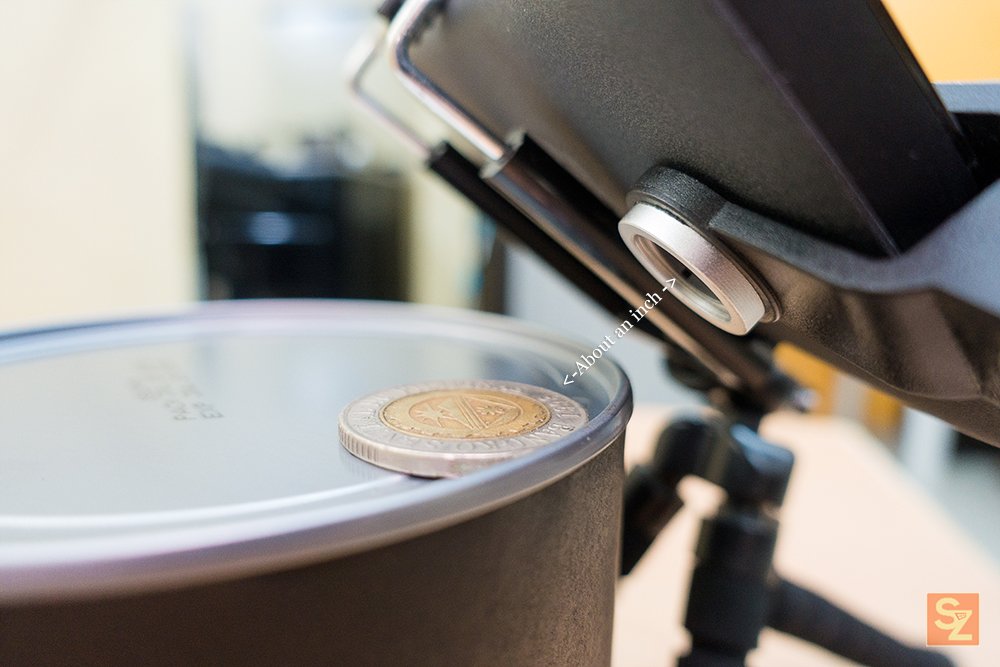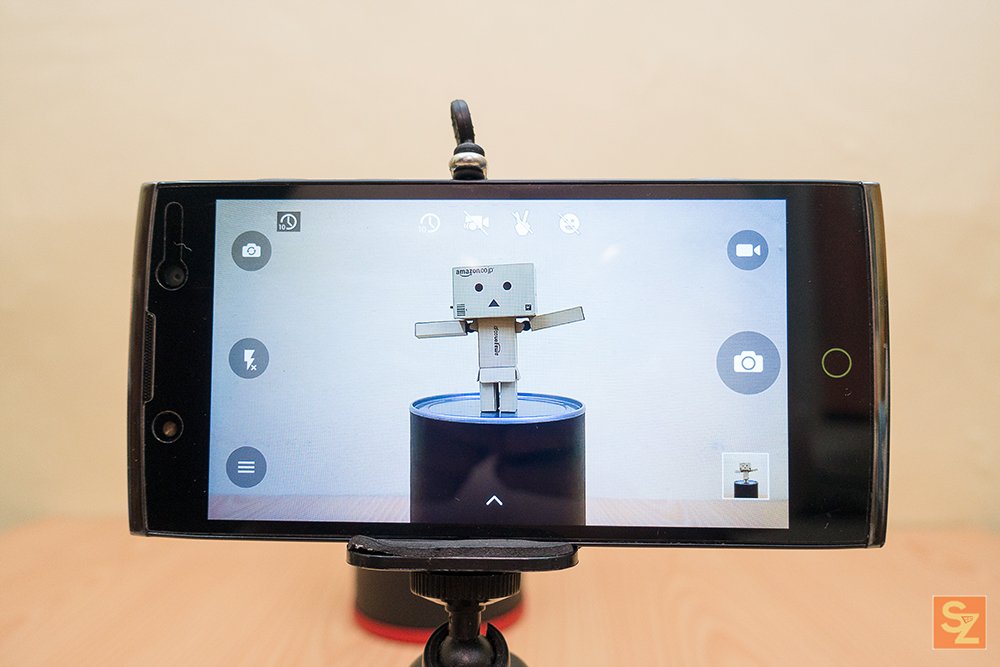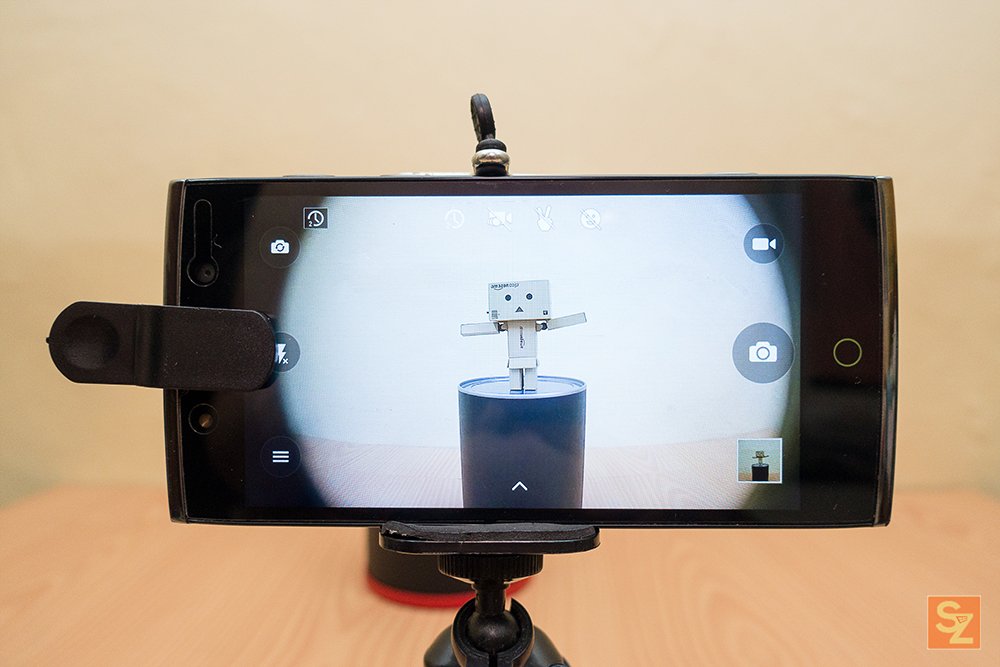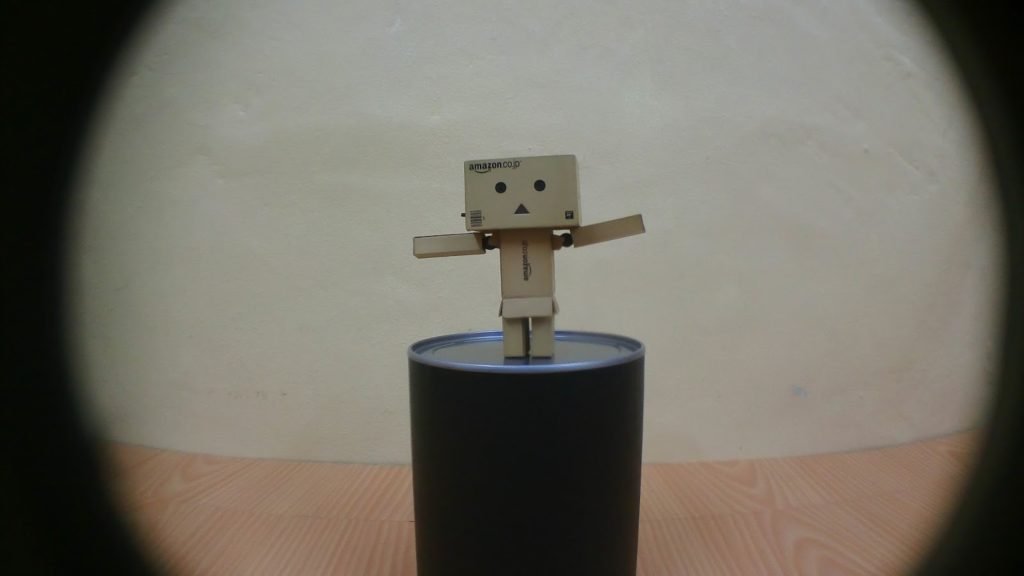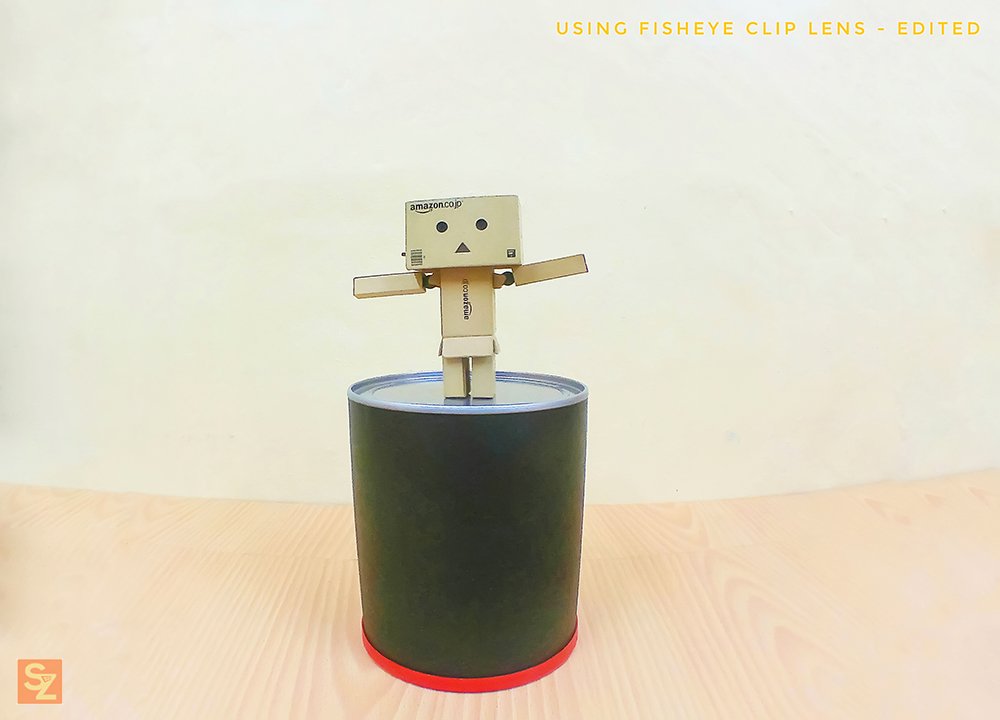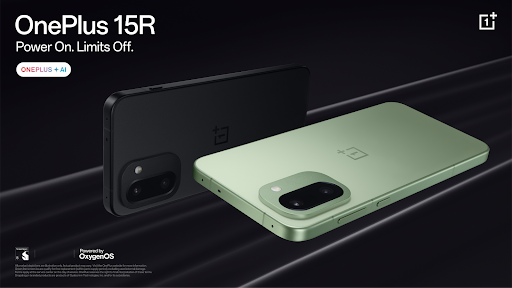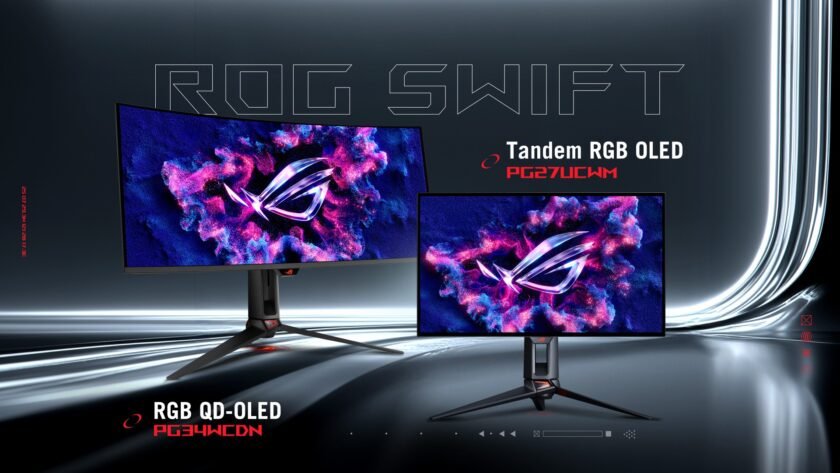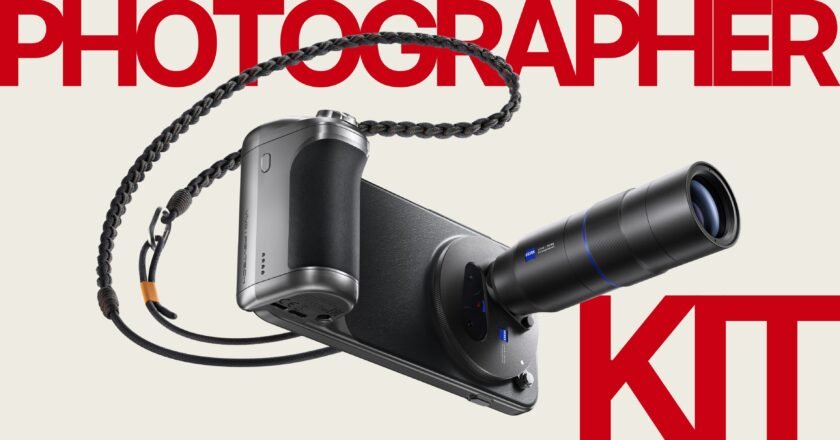I recently made a review about the universal clip lens here and I promised to make a follow-up tutorial on how to use it, so here we are.
As I’ve mentioned in the review, There are three lenses on this package, the fisheye lens, the wide angle lens and the macro lens. but for me personally, the macro lens is practically the only usable lens among all the lenses. but that doesn’t mean the two other lenses are really useless. for some, they can be useful in different types of scenario, like artistic group shots using the fisheye lens and wide landscape shots with the wide angle lens.
Quick Photography Tip:
- Aperture controls the amount of light that goes through a lens as well as the depth of field or the amount of focus on the subject.
- Shutter Speed controls the amount of time the shutter is open, the faster it closes the sharper the image will be.
- ISO controls the sensitivity of the camera’s sensor to the light, the lower the ISO the cleaner the image will be in terms of image noise.
Can you control the aperture, shutter speed and ISO on your smartphone? it will depend on your device if the software and hardware are capable or not.
(adsbygoogle = window.adsbygoogle || []).push({});
How to use the Universal Clip Lens for Smartphone
First, let’s check out the tools we need to get decent shots using the universal clip lens
Light Source
We need a decent amount of light for our subject so that the image won’t get noise artifacts and our camera, which is our smartphone can shoot a little bit faster and the shot won’t get blurry. even a small USB led light is good enough for small subjects.
Basically, more light = cleaner, sharper image
Stabilizer
To be able to get a sharp image, we need to reduce the camera shake. and for that, we need a tripod. You can shoot handheld but for best result, use a tripod as much as possible.
The Universal Clip Lens
First, attach the lens of your choice to the universal clip
Then attach it properly on the lens of your smartphone, line it up correctly and check the framing on the screen of your phone.
(adsbygoogle = window.adsbygoogle || []).push({});
Macro Lens
Let’s try first my favorite, the macro lens. as you can see it’s super thin compared to the other two lenses.
Using a tripod for the macro lens is a must because even a slight change in the distance of the lens from the subject will change the focus point and will possibly make your shot out of focus or in other words, blurred.
As per the manual, you can go closer to the subject up to 1.2cm. In the shot below, I was able to go closer to up to 1 inch but I think I can still go closer.
I focused on the year 1993 on the coin as seen below. If you’re shooting macro, for me, the best composition is the dead center because that’s the sharpest point in the image. As you can see the edges of the image is already out of focus.
The amount of focus is dependent on your camera’s aperture but in our case, we’re just using a smartphone and most probably the aperture is fixed.
Here are the unedited and edited images using the macro lens
Unedited
Edited (Using Snapseed Mobile App)
(adsbygoogle = window.adsbygoogle || []).push({});
Here is the screen when using the smartphone camera only without any lenses attached so you can have an idea on how it will differ with using the wide angle and fisheye lenses.
Wide Angle Lens
Using the wide angle lens, as I’ve said on the review will result in some vignetting as seen below. and in terms of the amount of scene that you can include in your shot, there’s only a small significant improvement and the most usable part is the top and the bottom part of the screen where there’s no vignetting.
You can edit and remove the corners by cropping it square but that would defeat the purpose of using the wide angle lens. If you want to be able to include the sides you have to fix it during post processing or editing.
How to remove vignetting in post-processing for the wide angle lens
Unedited
Edited (Using Snapseed Mobile App)
(adsbygoogle = window.adsbygoogle || []).push({});
Fisheye Lens
Using the fisheye lens, same as the wide angle lens will result in vignetting. In terms of the amount of scene that you can include in your shot, there’s a huge difference compared to the wide angle lens and compared to no lens at all. This one’s great for group shots.
How to remove vignetting in post-processing for the fisheye lens
Unedited
Edited (Using Snapseed Mobile App)
(adsbygoogle = window.adsbygoogle || []).push({});
Final thoughts about using the universal clip lens
There you go guys, the Image quality and the Image output is actually subjective. It depends on your own preferences and how you would be using the images you take. Having this universal clip lens at your disposal whenever you need it is great, it’s also super portable.
Try it and let me know in the comments what you think about it.
Don’t forget to read the full review here
WHERE TO BUY:
Check out more products from Lazada
- I searched for the highest amount of ratings and good feedback from buyers
- Price may vary depending on existing promos
- The views and opinions on this review are solely based from my own personal experience, your results may vary
——
Thank you for dropping by, don’t forget to check out my other Reviews and Subscribe if you like. Cheers!
More contents to check out!
SHARE THIS
The Broll who always got your back online!




